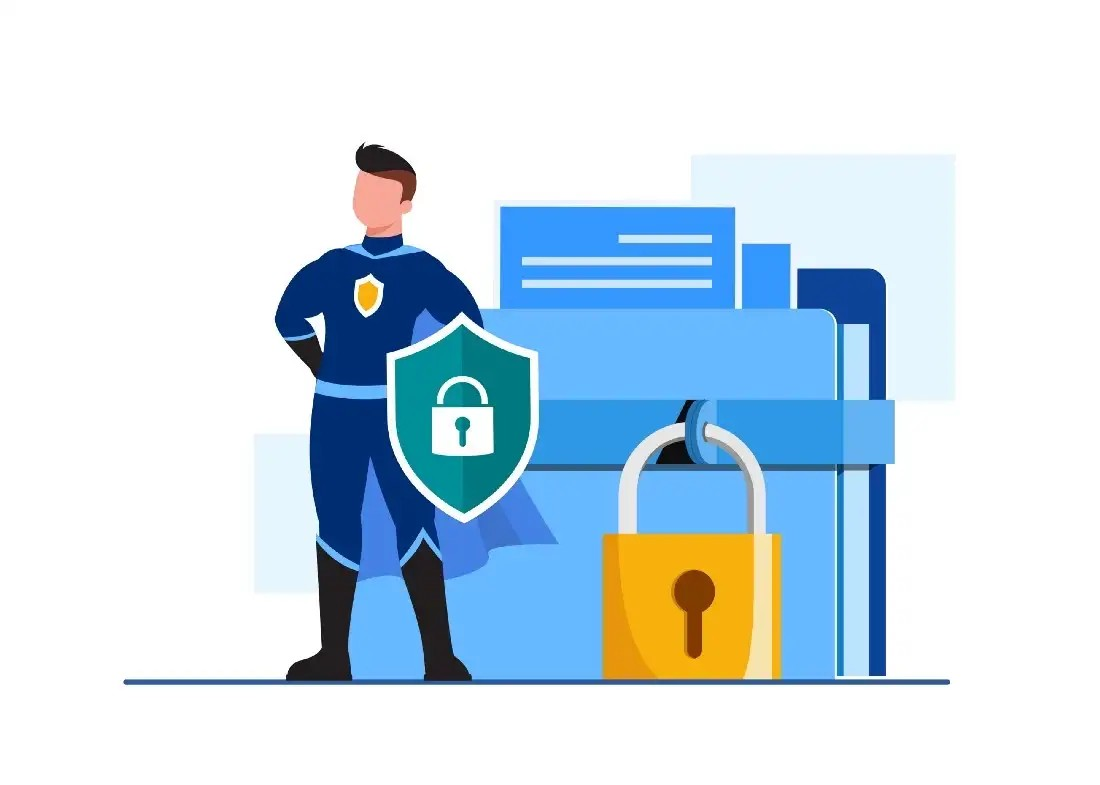As you progress in your cybersecurity career, developing specialized skills and expertise is crucial to stand out in a competitive field. In this blog, we will explore the third step in starting a cybersecurity career: developing specialized skills and expertise.
Step 3: Developing Specialized Skills and Expertise in Cybersecurity
- Identify Areas of Interest: Take time to identify specific areas of interest within cybersecurity. Determine whether you want to specialize in areas such as network security, cloud security, incident response, malware analysis, secure coding, or risk management. Understanding your passions and strengths will help you focus your efforts on acquiring specialized skills in those areas.
- Advanced Certifications: Consider pursuing advanced certifications to demonstrate your expertise and proficiency in specialized areas. Examples include Certified Information Systems Security Professional (CISSP), Certified Ethical Hacker (CEH), Certified Cloud Security Professional (CCSP), or GIAC certifications. These certifications validate your knowledge and showcase your dedication to continuous learning.
- Continuous Learning: Stay updated with the latest developments in your chosen cybersecurity domain. Subscribe to industry newsletters, follow reputable blogs, join online forums, and participate in webinars. Engage in continuous learning to deepen your knowledge, understand emerging threats and technologies, and stay ahead of evolving cybersecurity trends.
- Practical Experience and Projects: Gain practical experience by working on real-world projects related to your chosen specialization. Seek opportunities within your organization or through freelance work to apply your skills in a practical setting. Undertake projects such as conducting vulnerability assessments, performing penetration testing, or developing secure coding practices. Practical experience not only hones your skills but also builds your portfolio and enhances your credibility.
- Industry Involvement: Become actively involved in the cybersecurity industry by participating in conferences, workshops, and local meetups. Attend sessions and engage in discussions related to your specialized area. Networking with industry professionals, joining specialized cybersecurity communities, and contributing to industry publications will provide valuable insights, broaden your network, and open doors to potential career opportunities.
- Collaborative Learning: Engage in collaborative learning opportunities such as security-focused meetups, hackathons, or online communities. Collaborating with other cybersecurity professionals allows you to exchange knowledge, share experiences, and tackle complex challenges collectively. Working in teams provides diverse perspectives and fosters a culture of continuous learning.
Conclusion: Developing specialized skills and expertise in cybersecurity is an essential step in advancing your career and becoming a sought-after professional in the field. By identifying areas of interest, pursuing advanced certifications, engaging in continuous learning, gaining practical experience through projects, involving yourself in the industry, and collaborating with other professionals, you will establish yourself as a specialist in your chosen cybersecurity domain. Remember to stay proactive, adapt to emerging technologies and threats, and always seek opportunities for professional growth. Developing specialized skills will set you apart, enhance your career prospects, and allow you to make a significant impact in the ever-evolving field of cybersecurity.

Leave a Reply